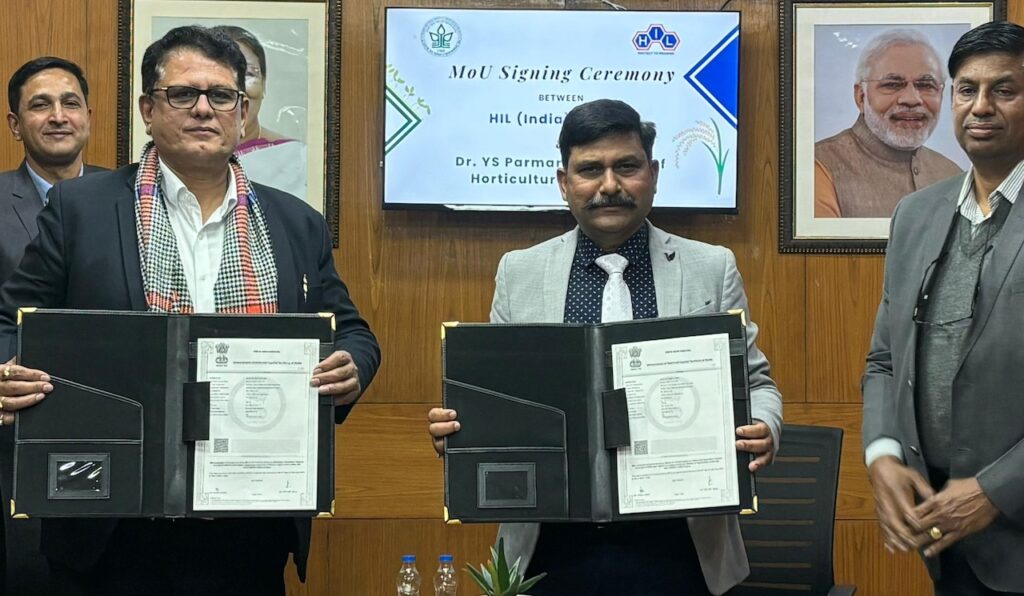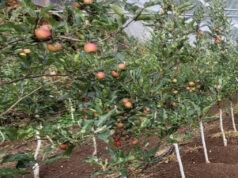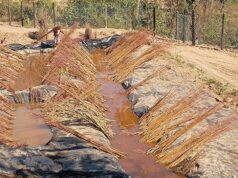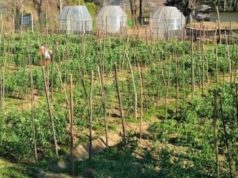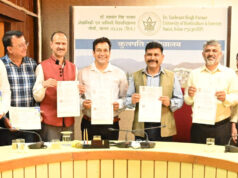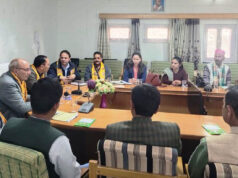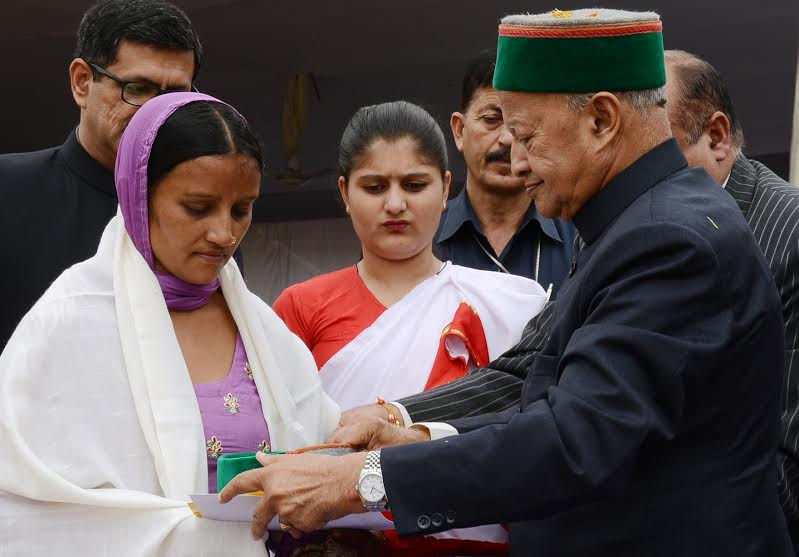Solan: Dr. YS Parmar University of Horticulture and Forestry (UHF), Nauni, has signed a Memorandum of Understanding (MOU) with Hindustan Insecticides Limited (HIL) to advance natural farming practices across India. This partnership marks a significant shift as HIL, traditionally known for manufacturing agrochemicals, seeds, and water-soluble fertilizers, joins hands with UHF to reduce chemical dependency in agriculture.
The collaboration is part of the Global Environment Facility (GEF) and United Nations Industrial Development Organization (UNIDO) Regional Child Project, under the Fostering Agrochemical Reduction & Management (FARM) initiative. The FARM project aims to transition 1.5 million hectares of farmland from chemical-intensive farming to organic and natural methods, safeguarding 1.5 million people from harmful pesticide exposure.
UHF Vice Chancellor Prof. RS Chandel and HIL Chairman and Managing Director Kuldeep Singh signed the MOU. Prof. Chandel hailed the partnership as historic, highlighting the university’s leadership in natural farming and agroecology. He emphasized that the collaboration would significantly reduce chemical use in agriculture and create pilot models for nationwide adoption.
The FARM initiative promotes safer alternatives to chemical pesticides, focusing on Integrated Pest Management (IPM) practices and sustainable farming systems. HIL’s involvement represents a pioneering effort by a public sector enterprise under the Ministry of Chemicals and Fertilizers to promote eco-friendly agricultural solutions.
UHF Nauni’s role in advancing natural farming is well-established. The university is a key member of the European Union-funded ACROPICS consortium, which aims to reduce pesticide use through innovative agroecological crop protection. Additionally, it is recognized as one of seven Centers of Natural Farming (CoNF) under the National Mission on Natural Farming (NMNF), an initiative of the Ministry of Agriculture & Farmers’ Welfare. Prof. Chandel noted the alignment between the ACROPICS and FARM projects, emphasizing their shared goals of reducing pesticide use and fostering sustainable agricultural practices.
The Global FARM Project, active in seven countries, including India, seeks to create regulatory and financial frameworks to detoxify agriculture. It aims to phase out harmful inputs, lower agricultural carbon emissions, and build resilient farming communities. In Asia, the initiative focuses on India and the Philippines, promoting eco-friendly alternatives to hazardous pesticides.
This partnership between UHF and HIL is a significant step in transforming Indian agriculture, paving the way for a sustainable and eco-friendly future in farming.


